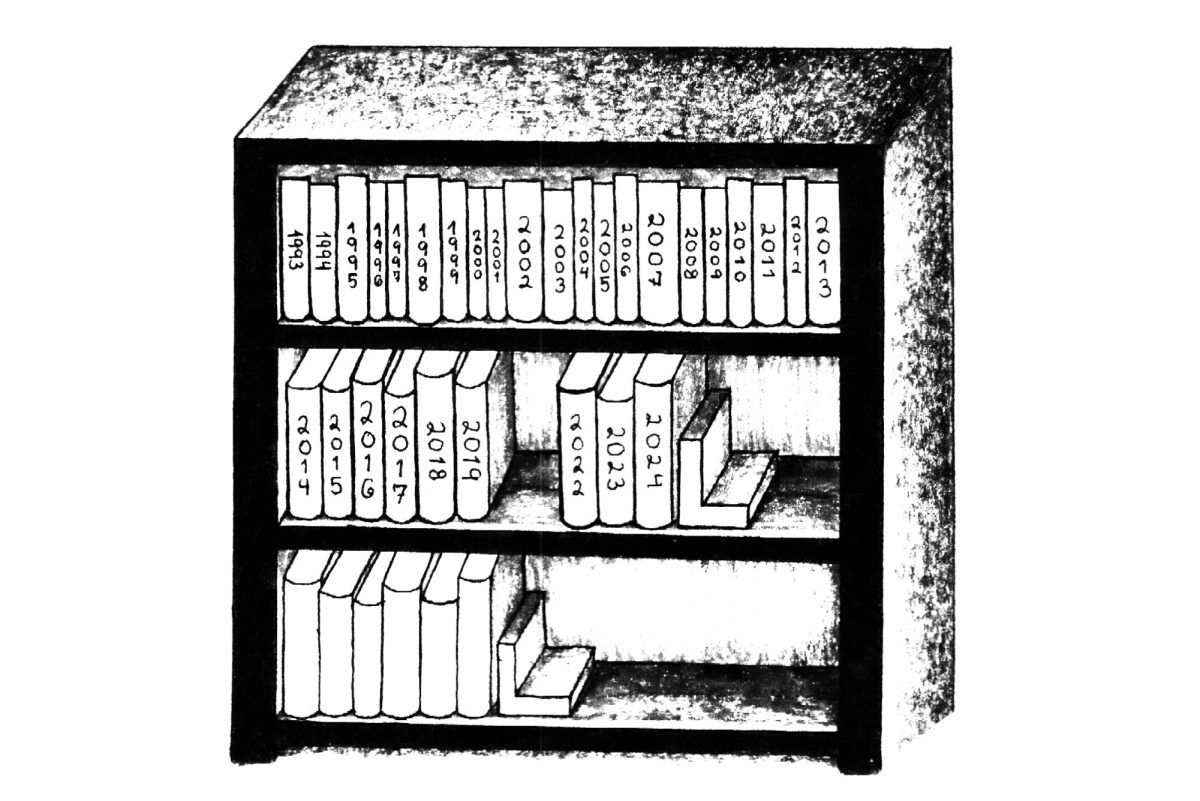For years, my mother always asked me the same question: “Do you know how much you are loved?” And for years, I always perceived this as her coddling me. I did not think of her doting affection as anything more than the unconditional attachment of parents to their kids. But I see it differently now. I see this as not just maternal endearment, but also the poetic power of Black love. A love richly expressive and deeply devoted. Like the kind depicted in a scene from When They See Us, a Netflix docuseries about the Exonerated Five. In the film, Antron McCray — a falsely accused and newly imprisoned Black boy — tells his mother that he feels the nation’s hate weighing on his shoulders. The mother, Linda McCray, replies with fierce conviction: “I love you enough to make up for everybody.” It is a wide-ranging love, encompassing the kind seen brimming in Nikki Giovanni’s 1971 conversation with fellow writer James Baldwin in which the luminaries ponder race and responsibility as they gaze and smile at each other with enough warmth to counter all the cruelty of an anti-Black world. This love, a distinctly and beautifully Black love, is what nurtures me. And it is this love that keeps my community alive.
In the 1993 film A Bronx Tale, an Italian boy named Calogero questions his pursuit of an interracial romance. When he reveals this to Sonny, the mobster who mentors him, Sonny encourages Calogero to court the Black girl he longs for because she might be his first great love. I think of Sonny’s words when I remember how I first fell in love with Black people and the culture they created. I was in the second grade at Lemira Elementary School, and students were preparing to take a standardized test. That year, my principal, Ms. Baxter, hosted a talent show to motivate students to excel on the test. At the show, she and other female teachers performed Beyoncé’s “Irreplaceable,” their arms swaying to the left to coincide with the song’s lyrics. I gazed up at them, admiring the grace and freedom of these Black women. I loved how the light motion of their limbs gave them the appearance of flight, of angelic elegance. Another act, a group of fifth-graders, performed rapper Unk’s iconic crunk song, “Walk It Out,” while wearing black sunglasses. I marveled at their flamboyance as they zig-zagged across the stage and crossed their arms against their chests with elite swagger. I idolized them more than any diamond-mouthed rapper whose choreography they imitated. After the curtains closed, I beamed and clapped, holding adoration for the Black performers in my small hands. That day, Black people became my great love, their beauty and brilliance forever etched in my mind.
In August, a clip went viral of Howard University students singing the lyrics to “Love,” a song by R&B singer Keyshia Cole. I watched the video on Instagram, smiling at the scene of Black people fully present in their bliss and enjoying the energy of their community. The video also reminded me of how, as a child, I sang the song as if I had lost the purest of love affairs. Like the Howard students, my voice would soar and stumble shamelessly and joyously over the “fou-ou-ou-ou-ound” part of the chorus. As one commenter on Instagram wrote, Cole’s “Love” is one of those undeniable Black spirituals – felt with whole heart and naked soul. It is a song that captures our zest for life, our heartache and our embodied freedom. A song that holds the blues and infinite color of Black romance. So when Howard students and I belt it to the limits of our lung capacities, no one can deny the depths of our love, the might of our aliveness.
Last month, Literary Hub published a piece entitled, “The Miracle of Black Love: On the Greater Meaning of My Parents’ Enduring Marriage.” The essay is an excerpt from scholar Farah Jasmine Griffin’s new book, Read Until You Understand: The Profound Wisdom of Black Life and Literature, which I plan to read. The excerpt made me realize that the love that Black people make, feel and share is a powerful and animating force. It exists in my mother’s sweet gestures, in the panache that we parade across the stage and in the heart of Howard’s campus. It also resides in writers like me who document and dedicate odes to our tenderness. So, Black people, I hope we always recognize the force of our feelings. And I hope that we always remember how immensely, how urgently and how beautifully we are loved.
Zeniya Cooley, a junior majoring in journalism and mass communication, is an opinions columnist.


